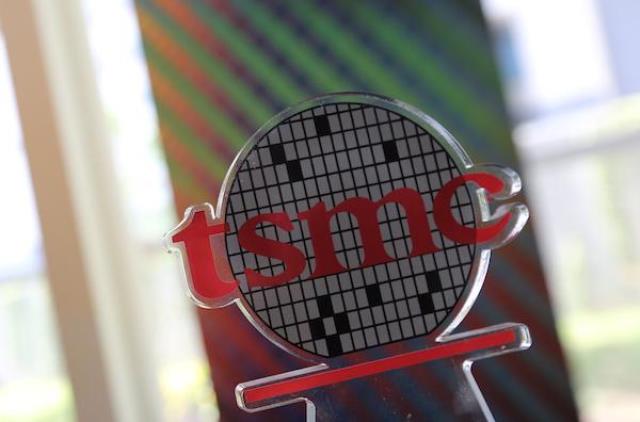Taiwan Semiconductor Manufacturing Company (TSMC), the world’s largest contract chip manufacturer, has issued instructions to its major suppliers to postpone the delivery of high-end chipmaking equipment.
 This decision comes as TSMC grapples with delays in its $40 billion chip factory in Arizona and expresses increasing caution regarding customer demand, Reuters news report said.
This decision comes as TSMC grapples with delays in its $40 billion chip factory in Arizona and expresses increasing caution regarding customer demand, Reuters news report said.
TSMC’s directive to delay equipment deliveries is primarily aimed at managing costs and reflects the company’s prudent approach to the market’s demand outlook. While suppliers anticipate the delay to be short-term, TSMC refrained from commenting, categorizing the information as “market rumor.”
The affected companies include ASML, a crucial supplier of lithography equipment vital for high-end chip production. ASML CEO Peter Wennink acknowledged the delay in some orders for their high-end tools, expecting it to be a manageable short-term issue. The company, Europe’s most valuable tech-listed entity, is operating at maximum capacity, with an estimated 30 percent growth in overall sales projected for the year.
TSMC has encountered challenges at its Arizona plant, necessitating a one-year production delay to 2025 due to labor recruitment difficulties and resistance from local unions regarding the import of workers from Taiwan. However, TSMC Chairman Mark Liu expressed optimism, highlighting substantial progress at the Arizona site over the past five months.
The global uncertainty in chip demand is not exclusive to TSMC, as major tech players like Apple are also anticipating a prolonged recovery. Despite launching a new series of iPhones featuring faster chips, Apple refrained from increasing prices, indicative of the prevailing smartphone market slump. Additionally, media reports suggest that Beijing has directed government employees to cease using iPhones, while Huawei’s introduction of a flagship phone using domestically manufactured chips is causing unease within TSMC.
TSMC, which previously supplied chips to Huawei, suspended its partnership following sanctions imposed by the United States. Analysts have noted Huawei’s collaboration with Chinese contract chipmaker Semiconductor Manufacturing International (SMIC) for advanced smartphone chip manufacturing.
In its July forecast, TSMC predicted a 10 percent sales decline for 2023 and a potential 4 percent point drop in the operating margin for the current quarter, attributing it to weak demand in the smartphone and PC markets and market uncertainty surrounding artificial intelligence. The chipmaker also faces elevated capital expenditure due to expansion plans initiated during the pandemic-driven chip boom, with a 21 percent increase to $36 billion in the previous year.
TSMC estimated a more conservative investment spending approach for the current year, aligning with a slower increase in the coming years, remaining watchful of the market dynamics and demand fluctuations.
